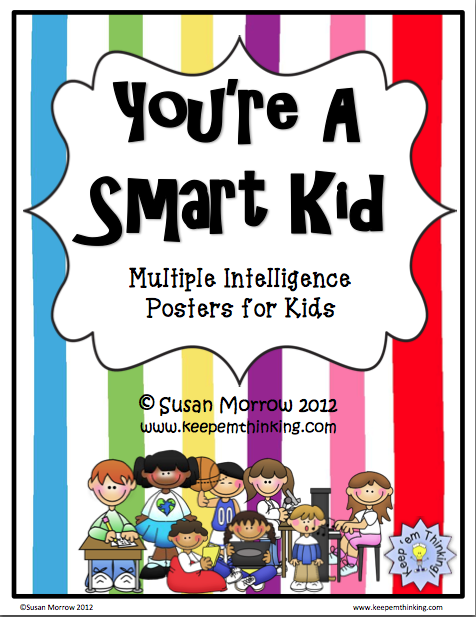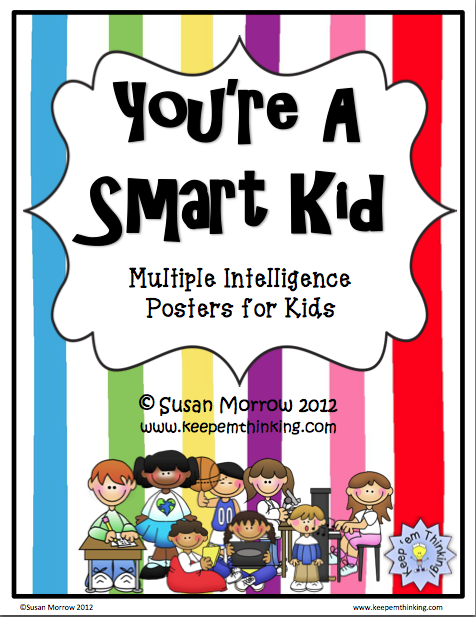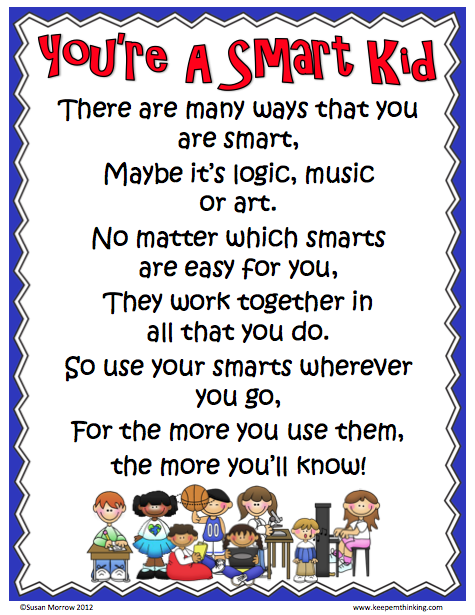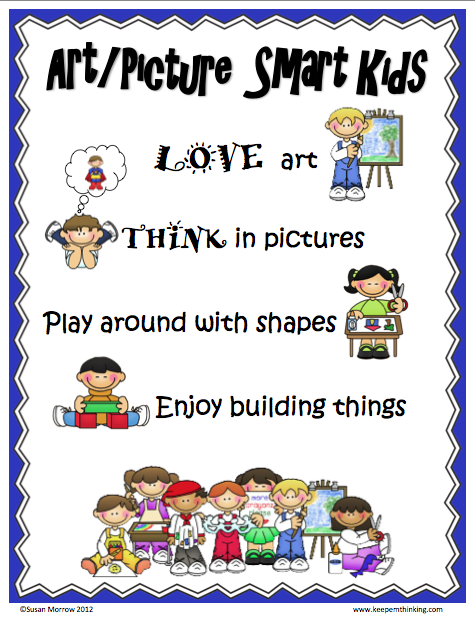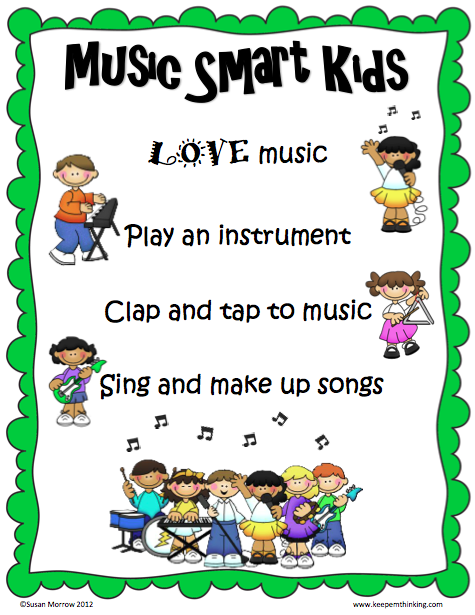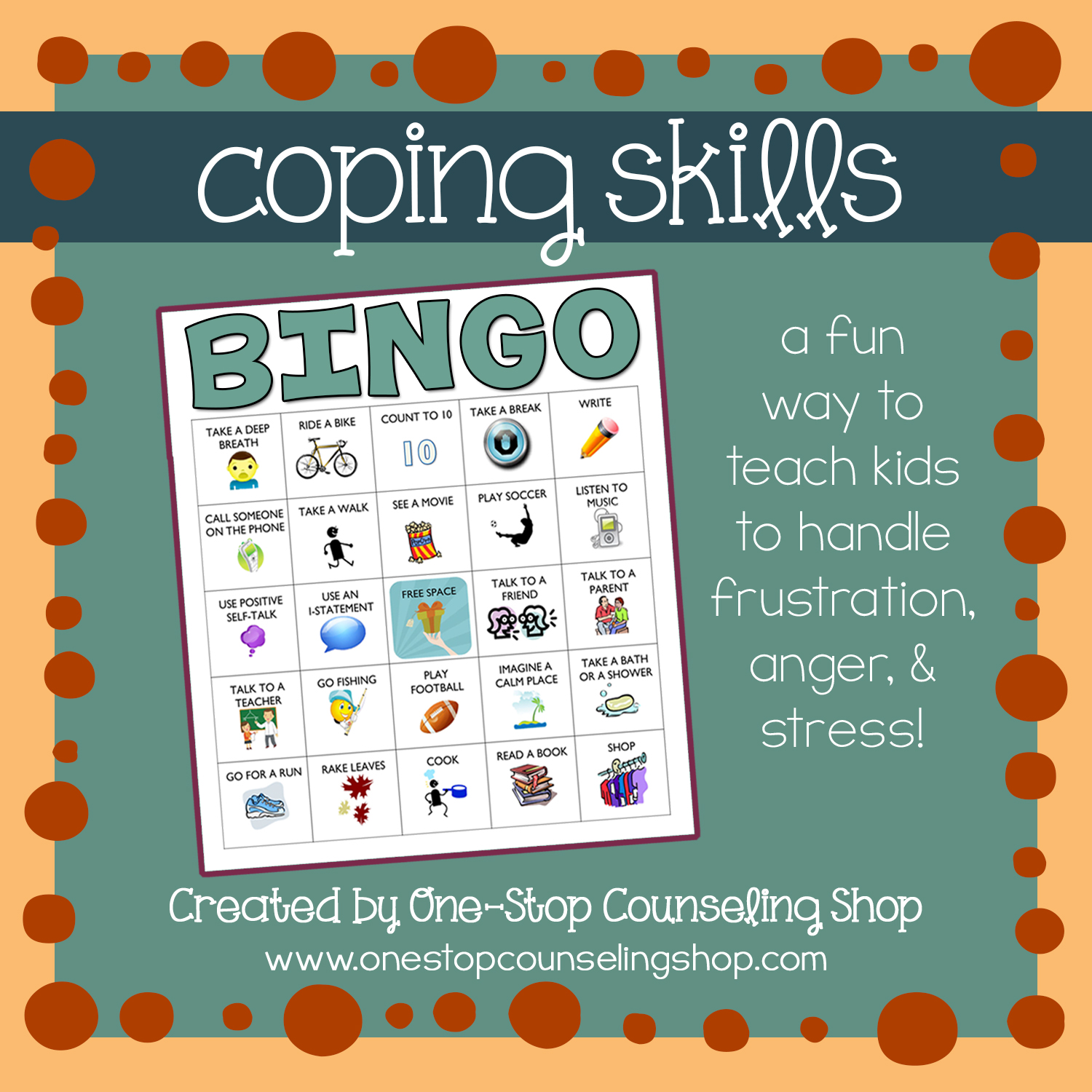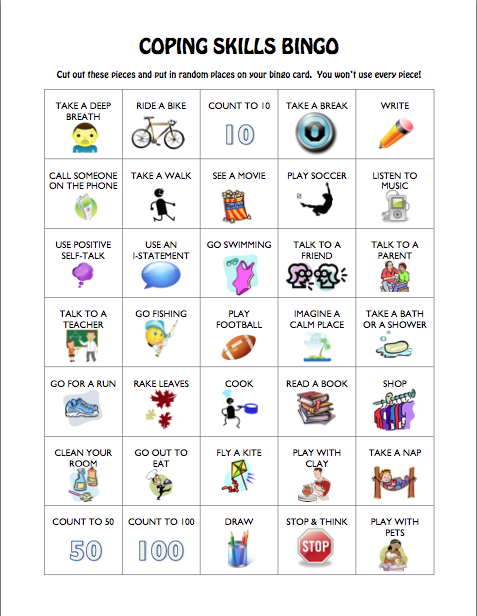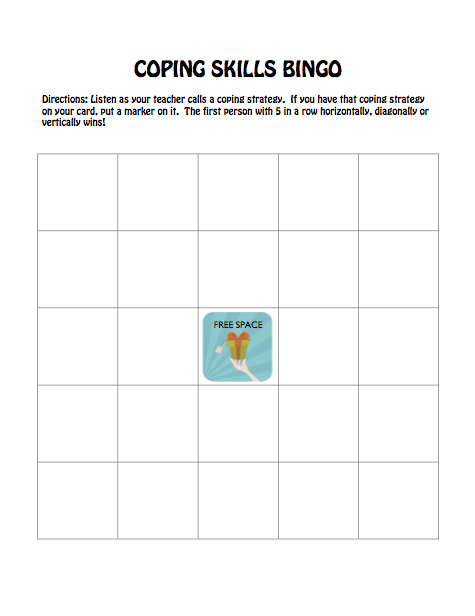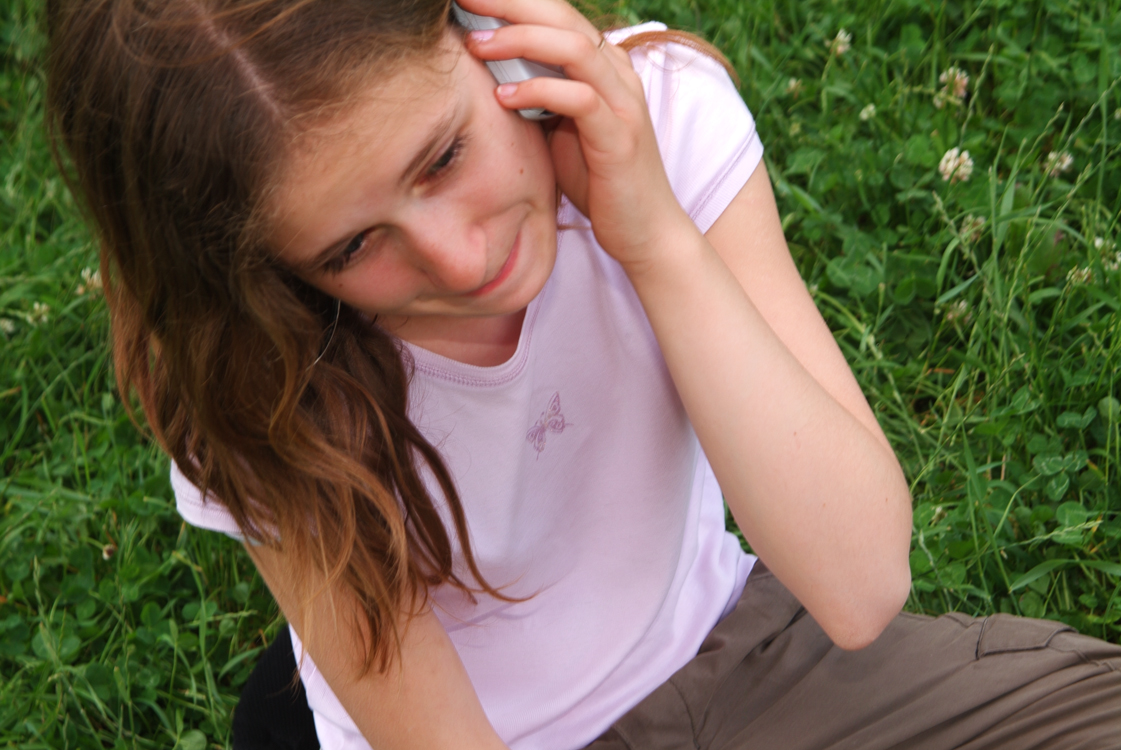
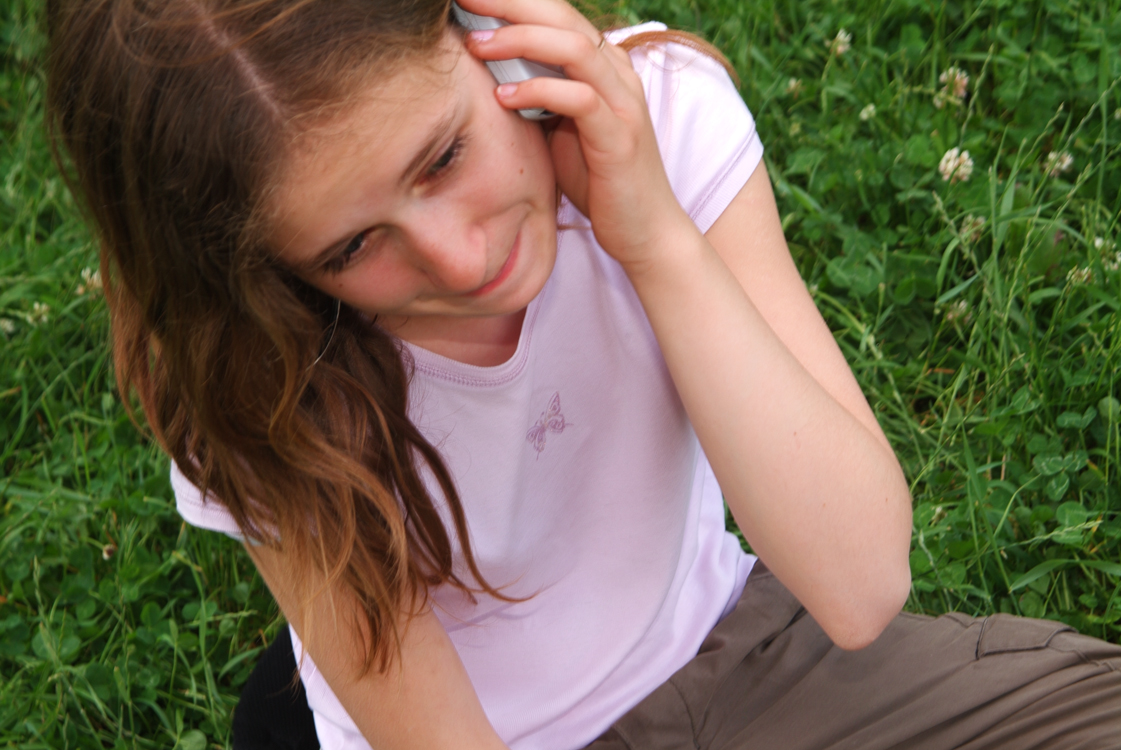
There are no words that can adequately express our collective shock and sadness after hearing the news of the tragedy at the Boston Marathon. In being a runner myself, I can especially empathize with the families and runners who were there for what was supposed to be a celebratory situation but cannot imagine the grief and pain they are going through tonight.
And it is in these times that we as adults have our own worlds shaken. That same is true for children – both our biological ones and the students in our classes. Here are a few things that can make helping children deal with crisis and trauma a little easier.
Find Out What They Know
Often times, kids know more than we think. They may overhear adults, classmates, or media coverage. Don’t assume they know everything, but don’t assume they know nothing either. By asking them what they do know, you can correct inaccuracies and avoid giving too much detail as well.
Acknowledge and Allow their Feelings
Don’t get upset at a child for feeling anger, fear, sadness, or guilt. Acknowledge that their feelings are ok and allow them to express them in appropriate, healthy ways. Some children may find it helpful to draw, write, make cards for the people involved, volunteer, etc. Also be aware that some children may express these feelings in what appear to be “behavior problems.”
Assure them of their Safety
Often times, one of the first thing kids want to know after a tragedy is “Can it happen to me?” And while in reality none of us know when we will be affected by a tragedy, the risk that an individual person will be exposed to one in the near future is extremely low. Reassure the child that there are adults that love and care about them and that they are safe. Remind them of your family/class safety plan to help them feel secure in knowing what to do if something scary does happen (fire drills, intruder alert drills, etc.)
Focus on Positives
Don’t fill the child on every single detail surrounding an event, but do tell the truth. Yet with that, focus a majority of your emphasis on the stories of the good guys – the firemen, the doctors, the policemen that help people, people donating blood, etc…knowing that there are good people out there to help people who need it can help kids feel more secure.
Limit Media Exposure
This is a tough one. Humans are observers; we are obsessed with watching events as they unfold and knowing all the facts that we can possibly know. Yet these tendencies, combined with children’s incredible imaginations can make crisis situations even more traumatic for kids. Even if you want to watch the coverage, find ways to do it that don’t involve exposing your children to it as well. News coverage was never intended to inform young children…this goes for television, radio, Facebook, etc. It might be a good week for family game nights or other outings to keep them away from the TV and computer.
Allow Time
Grief is a very difficult situation for children to deal with and it will take time for them to heal, especially if they were closely exposed to or knew people involved in the situation. However, if you notice changes in appetite, sleep, or behavior that are long-lasting or severe, please talk to your child’s doctor or a mental health professional to see if they are in need of additional help.
Take Care of Yourself
Even if you weren’t directly affected by a tragedy, you may suffer from secondary or indirect trauma just from hearing news reports or watching videos of the event. Talk to people you can trust, make sure to get plenty of rest, and take care of yourself first. The kids in your life depend on it!
A final thought…
“This is a giant planet and we’re lucky to live on it but there are prices and penalties incurred for the daily miracle of existence. One of them is, every once in awhile, the wiring of a tiny sliver of the species gets snarled and they’re pointed towards darkness.
But the vast majority stands against that darkness and, like white blood cells attacking a virus, they dilute and weaken and eventually wash away the evil doers and, more importantly, the damage they wreak. This is beyond religion or creed or nation. We would not be here if humanity were inherently evil. We’d have eaten ourselves alive long ago.
So when you spot violence, or bigotry, or intolerance or fear or just garden-variety misogyny, hatred or ignorance, just look it in the eye and think, ‘The good outnumber you, and we always will.’ ”
– Patton Oswalt
My thoughts and prayers are with all those affected by this horrible situation. You are not alone!
